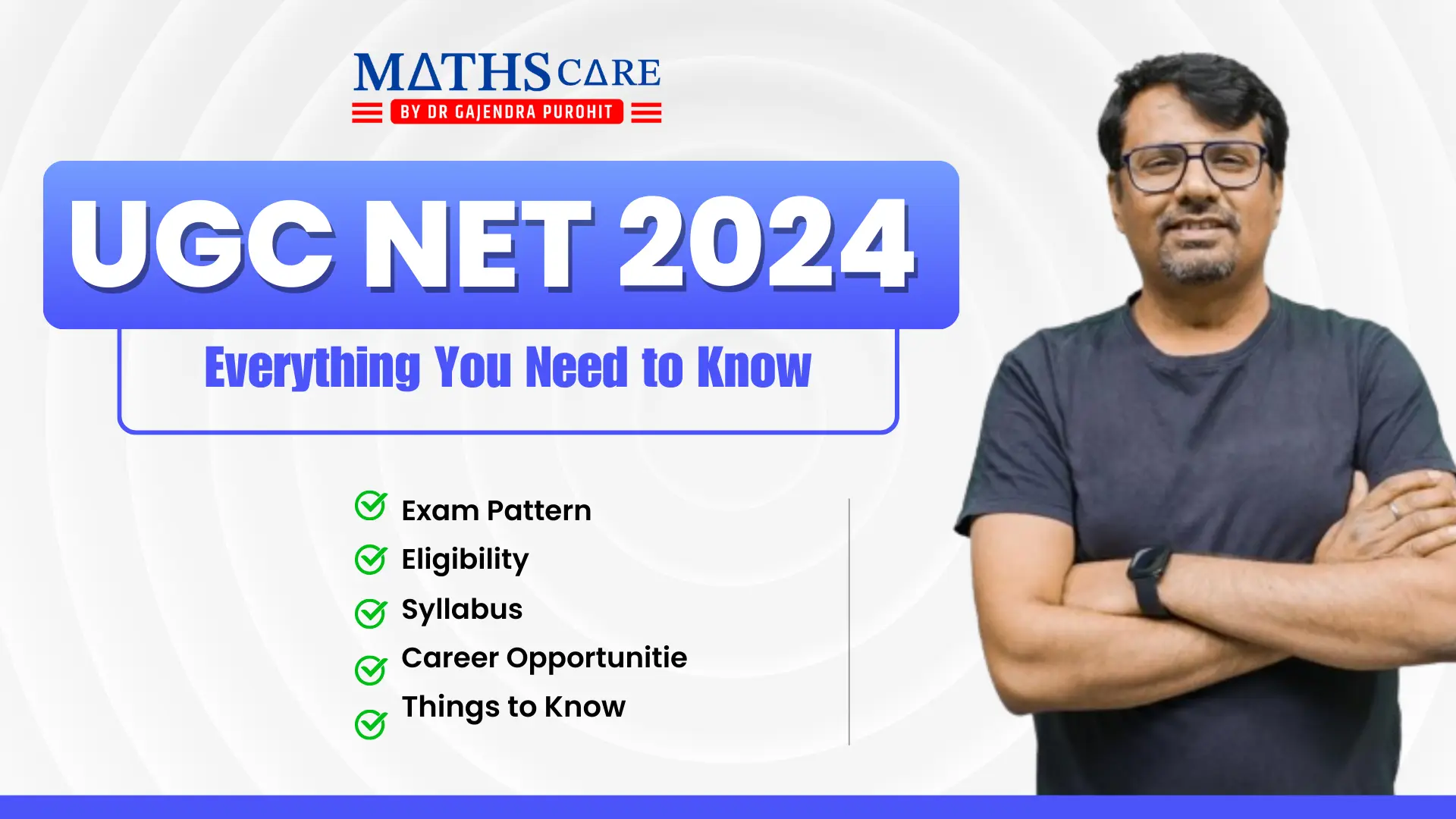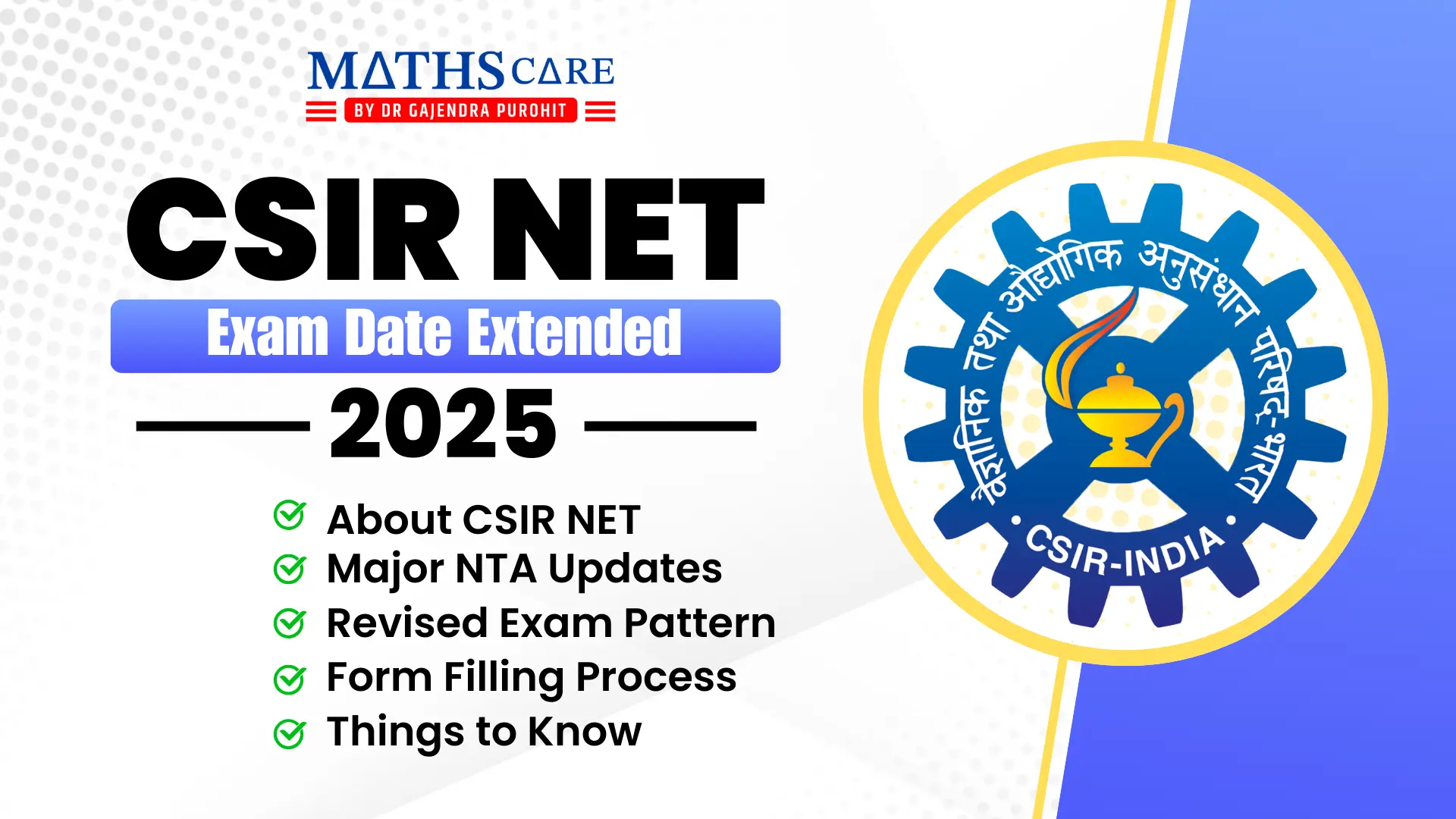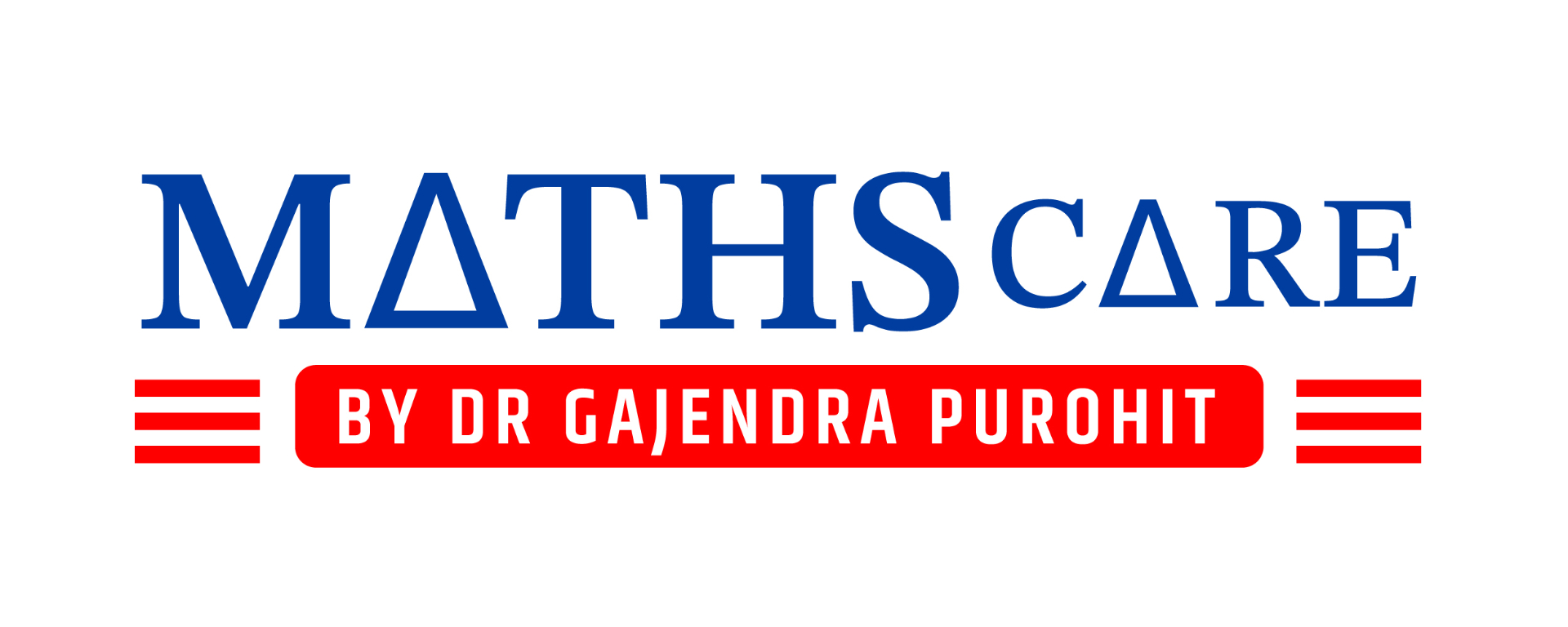UGC NET 2024: Everything You Need to Know
The UGC NET (University Grants Commission – National Eligibility Test) is a prestigious examination conducted biannually for candidates aspiring to pursue a career in academia or research in India. This test is a gateway for individuals aiming to become Assistant Professors or qualify for the Junior Research Fellowship (JRF) in recognized Indian universities and colleges. The National Testing Agency (NTA) administers the UGC NET exam in over 80 subjects, assessing candidates’ proficiency in both general aptitude and subject-specific knowledge. For those preparing for the UGC NET 2024 exam, understanding its structure, syllabus, expected dates, and cutoffs is crucial for effective preparation and success. This blog provides an in-depth guide on everything you need to know about UGC NET 2024, covering essential details from eligibility criteria to career prospects.

About UGC NET
The UGC NET exam serves a dual purpose: it determines candidates’ eligibility for the post of Assistant Professor and awards the Junior Research Fellowship (JRF) to outstanding performers. Achieving a high score on the UGC NET not only opens doors to teaching positions at reputed universities and colleges but also provides financial support for research projects. This dual benefit makes the UGC NET one of the most sought-after exams for graduates and postgraduates across various disciplines.
Eligibility Criteria:
– Candidates must hold a Master’s degree or equivalent in a relevant field with at least 55% marks (for General category) or 50% marks (for reserved categories).
– Final-year postgraduate students are also eligible to apply.
– For the JRF, candidates must be under 31 years of age (with age relaxation for reserved categories).
The UGC NET offers a secure path for those passionate about academia, allowing them to shape the next generation while contributing to research and innovation in their chosen fields.
Syllabus
The UGC NET syllabus is divided into two papers, each catering to different skills and knowledge areas. Both papers are conducted in a single three-hour session.
Paper 1
Paper 1 is common for all candidates, focusing on general teaching and research aptitude. It assesses candidates on:
Teaching Aptitude: Understanding the principles and methodologies of effective teaching.
Research Aptitude: Key aspects of research, such as types, methods, and ethics.
Reading Comprehension: Ability to understand, analyze, and interpret written passages.
Communication: Effective communication skills, including verbal and non-verbal forms.
Reasoning (including Mathematical): Logical reasoning and analytical skills.
Information and Communication Technology (ICT): Basics of ICT, including digital literacy.
People and Environment: Awareness of environmental issues and sustainable development.
Higher Education System: Insights into the structure, governance, and administration of higher education in India.
Paper 2
Paper 2 is subject-specific, covering topics in the candidate’s chosen field. Candidates should refer to the official UGC NET syllabus for details on topics covered under their specific subject. Popular fields for Paper 2 include English, Commerce, Political Science, Sociology, and Economics.
Key Tip: For effective preparation, review previous years’ question papers for Paper 1 and Paper 2 to understand the types of questions asked, topic weightage, and difficulty level.
Exam Pattern
Understanding the exam pattern can help candidates strategize and manage their time effectively.
Paper 1: 50 questions, 100 marks
Paper 2: 100 questions, 200 marks
Both papers are objective, with multiple-choice questions (MCQs). The absence of negative marking allows candidates to attempt all questions without the fear of penalty for incorrect answers.
Expected Dates for UGC NET 2024
The UGC NET is conducted twice a year, typically in June and December. Based on previous schedules, here is a tentative timeline for the 2024 sessions:
June Session: Notification and application release in March/April, with exams in June.
December Session: Notification and application release in September/October, with exams in December.
Candidates should regularly check the official NTA website (https://ugcnet.nta.nic.in/) for updates to stay informed about important announcements.
Results
The UGC NET results are announced around a month after the examination. Candidates can check their results on the official UGC NET website by entering their application number and date of birth. The result card specifies whether the candidate has qualified for the JRF, Assistant Professor position, or both, based on their score and the overall cutoff.
Qualifying Marks:
General Category: Minimum 40% aggregate in both papers.
Reserved Categories (OBC, SC, ST, PwD): Minimum 35% aggregate in both papers.
Expected Cutoffs
The UGC NET cutoffs depend on various factors, including the difficulty level of the exam, the number of candidates, and the availability of positions. The cutoffs tend to vary across subjects and categories, with separate cutoffs for JRF and Assistant Professor qualifications.
Typically, JRF cutoffs are higher than those for the Assistant Professor position, given the limited number of JRF slots. Candidates should aim for a score well above the qualifying marks to enhance their chances of selection.
How to Prepare for UGC NET 2024
Effective preparation is key to success in the UGC NET exam. Here are some strategies to help you prepare:
Understand the Syllabus and Exam Pattern: Thoroughly review the syllabus and familiarize yourself with the types of questions asked in both papers.
Study Material: Use recommended textbooks and online resources. Previous years’ question papers are invaluable for understanding exam trends.
Time Management: Set a study schedule that balances time for each topic in Paper 1 and your subject-specific content for Paper 2.
Mock Tests: Regularly take mock tests to gauge your readiness. Mock tests help with time management and improve your confidence in tackling the exam.
Focus on Weak Areas: Identify topics where you are struggling and allocate extra study time to reinforce your understanding in those areas.
Revise Regularly: Make concise notes and summaries for quick revision before the exam.
Career Opportunities after UGC NET
Qualifying the UGC NET exam opens a wide range of career opportunities for candidates:
Assistant Professor: Qualified candidates can apply for teaching positions in universities and colleges across India, enjoying job security and academic prestige.
Junior Research Fellowship (JRF): JRF awardees receive a monthly stipend to conduct research in their chosen subject. This fellowship is an excellent opportunity for those aiming to pursue a PhD and contribute to academic knowledge.
Research Positions in Public Sector: Several public sector undertakings (PSUs) and government research bodies consider UGC NET scores for recruiting researchers in specific fields.
Consulting and Project-Based Roles: UGC NET qualified individuals are often preferred for consulting roles and project-based positions in think tanks, research institutes, and government agencies.
Conclusion
The UGC NET 2024 exam is a golden opportunity for aspiring teachers and researchers to launch a fulfilling career in academia and research. Clearing the UGC NET not only enhances career prospects but also contributes to personal and professional growth in the world of education. By adopting a systematic approach to preparation, focusing on core topics, and staying informed about exam dates and notifications, candidates can significantly increase their chances of success in the upcoming UGC NET 2024 sessions.
CSIR NET FAQS
What is the NET UGC exam for?
The National Testing Agency (NTA) conducts the UGC-NET to determine eligibility for Assistant Professor roles and Junior Research Fellowships in Indian universities.
How do I qualify for UGC NET?
UGC NET Eligibility Overview:
Age Limit: 30 years for Junior Research Fellowship; no age limit for Assistant Professorship.
Educational Qualifications: Master’s degree or equivalent with a minimum of 55% marks (50% for SC/ST/PwD/Transgender candidates).
Is NET is compulsory for PhD?
National Eligibility Test (NET) scores will be valid for PhD admissions for one year. This means that candidates will no longer need to take multiple entrance exams
What is the difference between CSIR NET and UGC NET?
CSIR NET focuses exclusively on science subjects like Life Sciences, Physical Sciences, Chemical Sciences, Mathematical Sciences, and Earth Sciences. It is conducted for awarding Junior Research Fellowships (JRF) and Lectureships in science disciplines.
UGC NET, on the other hand, covers a broader range of subjects across humanities, social sciences, and other non-science disciplines. It is conducted for both Junior Research Fellowships (JRF) and Lectureships in various fields, including arts, commerce, and education.
Is UGC NET easy to pass?
The Joint CSIR UGC NET exam is conducted to determine the eligibility of Indian nationals for Junior Research Fellowship (JRF) and Lectureship (LS)/Assistant Professor roles in Indian universities and colleges, subject to fulfilling UGC criteria.
What is the age limit for PhD?
There is no specific age limit for pursuing a PhD, making it accessible to candidates at any stage of their academic journey.
BEST OFFERING COURSES FOR YOU
BEST BOOKS FOR IIT JAM/ CSIR-NET
BUY BOOKS ON OUR APP











